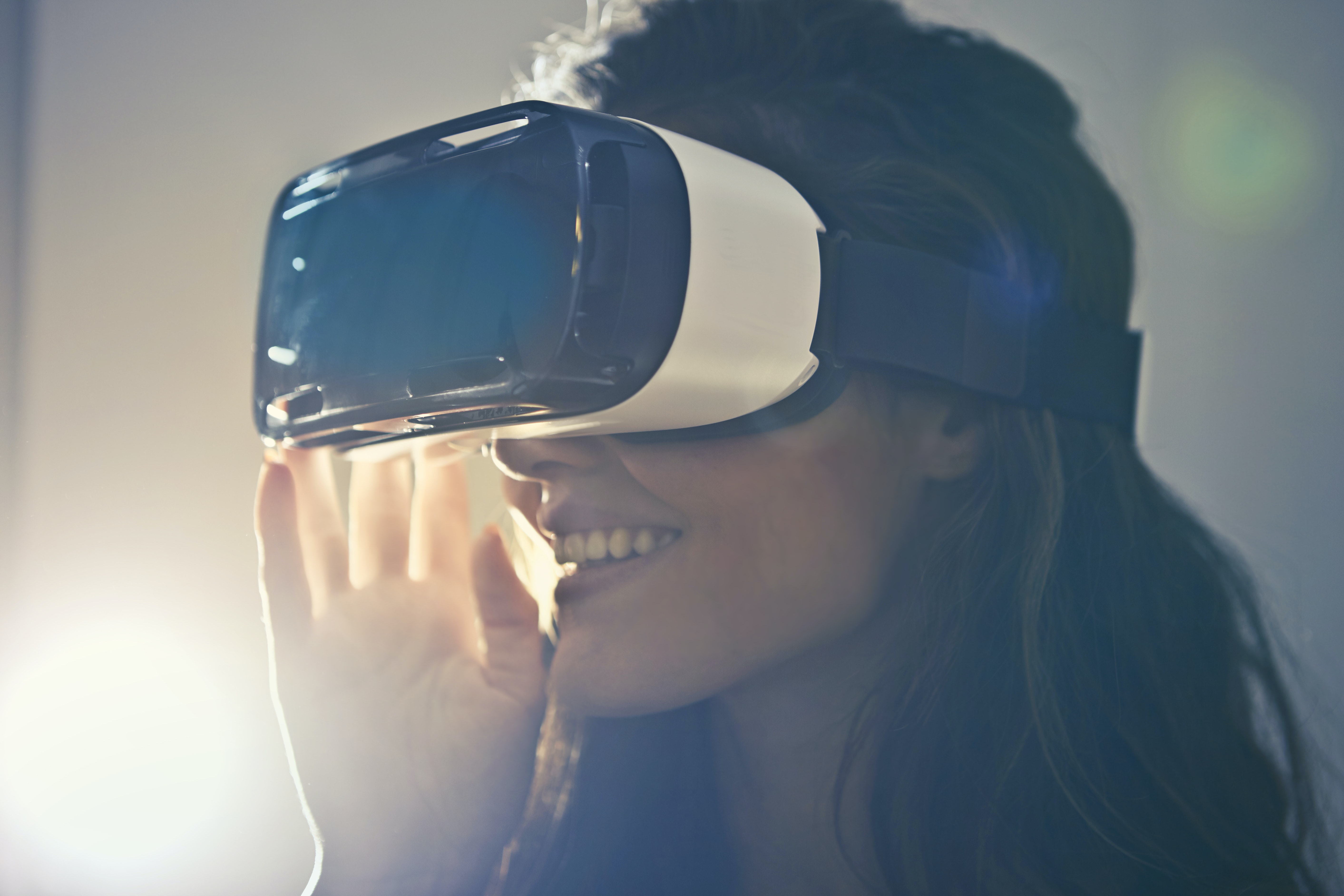Individuals suffering from severe social anxiety can more easily seek therapy via VR.
Agoraphobia is a type of anxiety disorder in which individual’s fears might keep him or her from “getting out into the world,” according to WebMD. The disorder is thought to be genetic and may cause a person to completely avoid certain locations and circumstances because they know they’ll feel trapped. Because of this, it is difficult to seek help and in-person therapy might seem impossible. Now, however, a virtual reality (VR) program could change all of that. Research published online in the April 5th edition of The Lancet Psychiatry shows VR can be utilized to reduce agoraphobia in patients with psychosis. The novel cognitive-behavioral therapy (CBT)-based treatment was shown to be effective for those suffering from the most severe cases of the mental health disorder.
“Virtual reality is an inherently therapeutic medium which could be extremely useful in mental health services,” explained study investigator Daniel Freeman, PhD, DClinPsy, professor of clinical psychology, University of Oxford, United Kingdom. “This intervention is coming; the question really is when.”

The new program builds on the ever-popular immersive technology, allowing a VR platform to interact with users via a three-dimensional computer-generated environment. This produces an ambiance replicating the real world. A patient can stay in the comfort of his or her home and feel as if they are actually out and about while interacting with a licensed therapist. The technology allows the patient to engage in exposure therapy, gradually getting them used to being outside their comfort zone. Over time, symptoms of psychosis (often including auditory and/or visual hallucinations and panic attacks) will lessen.
“A virtual environment allows patients to practice dealing with situations that make them anxious or uncomfortable and to learn to reengage in everyday situations,” authors of the study write.
The report indicates the research included “346 patients diagnosed with schizophrenia or a related disorder. The mean age of the patients was 37.2 years (67% men, 85% White). Most were single and unemployed. All were receiving treatment for psychosis and had difficulty going out because of anxiety.” Researchers “randomly assigned 174 participants to an automated VR cognitive therapy intervention (gameChange) plus usual care and 172 to usual care alone. Trial assessors were blinded to group allocation. The gameChange intervention was delivered in six sessions that were conducted over a 6-week period. Each session involved 30 minutes of VR.”
Once a patient arrives in the virtual therapist’s “office,” they are greeted by a coach who, in turn, guides them through the process. The patient selects one of six VR social environments, including a “café, a general practice waiting room, a pub, a bus, opening the front door of their home onto the street, or entering a small local shop.” Each of these progresses in difficulty level based on “the number and proximity of people in the social situation and the degree of social interaction.”
An actual therapist is always present if needed and a session can end at any time based on the patient’s reaction. Typically, therapy is conducted on a regular basis in order for symptoms to gradually decrease in severity over time.


Join the conversation!